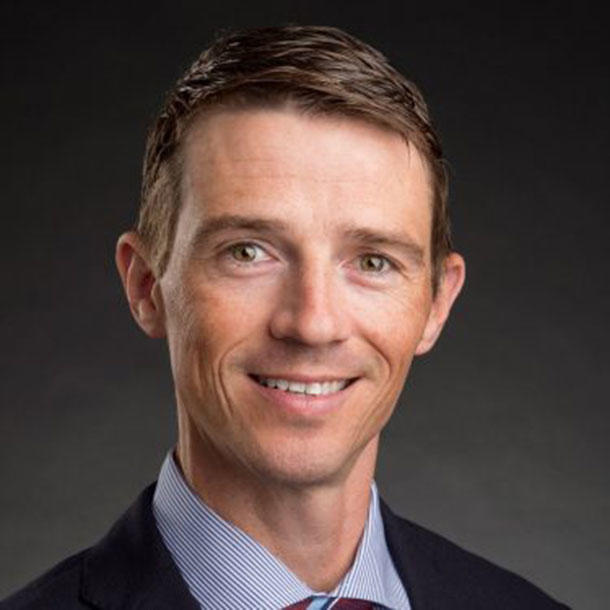Years at DCEG: Summer 2007 – Winter 2014
DCEG title: Pre-doctoral fellow in Nutritional Epidemiology 2007-2010; Cancer Prevention Fellow in Radiation Epidemiology 2010-2014
Current organization: St. Jude Children’s Research Hospital
Current title: Assistant Member (faculty)
Who was your mentor at DCEG? What did you work on?
I completed my dissertation research in the Nutritional Epidemiology Branch (now Metabolic Epidemiology Branch) under the mentorship of Rachael Stolzenberg-Solomon, Ph.D., M.P.H., R.D., where I studied associations between folate or one-carbon metabolism and risk of colorectal and renal cancers. I then joined the Cancer Prevention Fellowship as a post-doc and transitioned to the Radiation Epidemiology Branch so that I could work with Lindsay Morton, Ph.D. There, I worked on a variety of projects, including molecular epidemiology of lymphoma, cancer risk in the context of immunodeficiency (with Eric Engels, M.D., M.P.H.), and risk of subsequent cancers in cancer survivors.
What is your current position?
I am an Assistant Member (equivalent to Assistant Professor) at St. Jude Children’s Research Hospital in Memphis, Tennessee. The goal of my research is to better understand the long-term health of childhood cancer survivors, who have increased risk of serious late health effects due to the potentially complex interactions of treatment-related toxicity, genetic susceptibility and lifestyle-related factors, and then to develop and test intervention strategies to reduce their risk. I also serve as the Project Director of the Childhood Cancer Survivor Study (CCSS), and in that role, oversee the Coordinating Center located at St. Jude.
How do you apply the skills you developed at DCEG in your current job?
There are so many ways I can’t even list them all! The rigorous epidemiology training I received at DCEG is an asset every single day, whether in my own research or through my work with the CCSS. Just as important, though, have been all the other skills I learned, such as leadership, effective collaboration, project management, time management, and communication skills. I’m still working on all of these, of course, but the foundation I received in DCEG has allowed me to take on a job I couldn’t imagine being able to perform otherwise.
Do you have any memories from your fellowship that you would like to share?
Many of my fondest memories are the relationships and just the casual interactions I had every day with other fellows, investigators and staff. Everyone was so supportive and generous with their time, and all these amazingly accomplished scientists treated me as a colleague, and not “just a fellow”. There was definitely a fair amount of stress, but there was a lot of fun, too—and that was because of all the great people at DCEG.
What do you do in your free time?
I have a daughter (7) and a son (9) who are very active, so we spend a lot of our time going back and forth to sporting events and school activities. Personally, I enjoy relaxing time with my family, and I still play in a soccer league once a week.
Do you have any advice for current or future DCEG fellows?
I would say a DCEG fellowship offers an incredible and unique opportunity for growth, so try to identify areas where you have weaknesses, and then push out of your comfort zone to try new things. In addition to a much needed new listing on your CV, view each potential project as a chance to learn new skills, because that is what will really help you in the long run.
